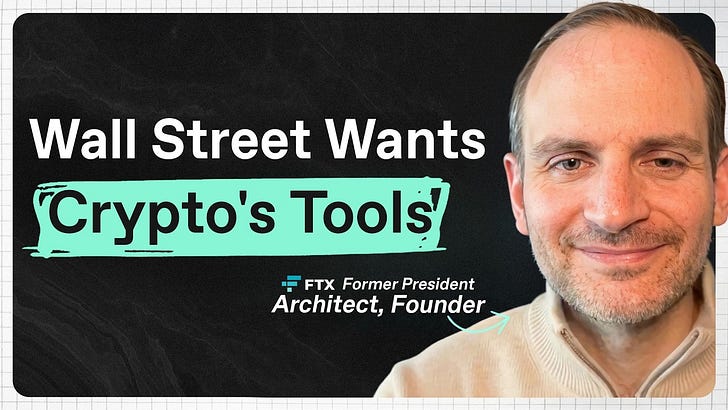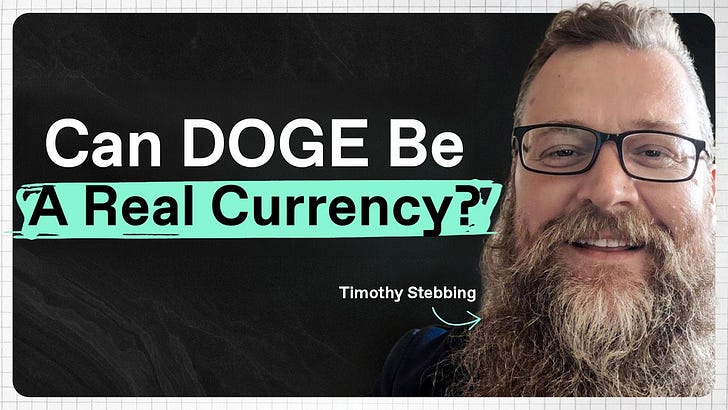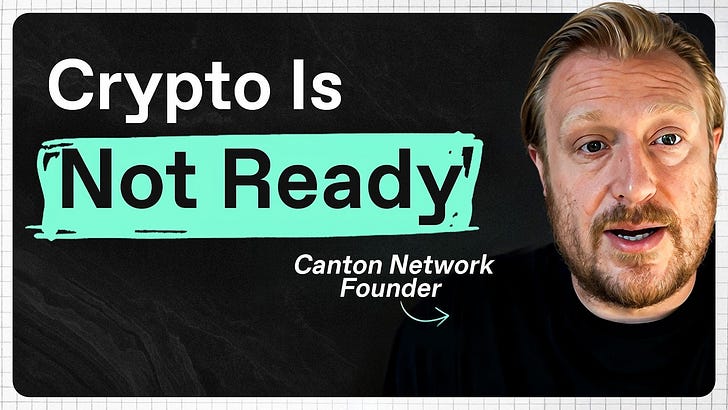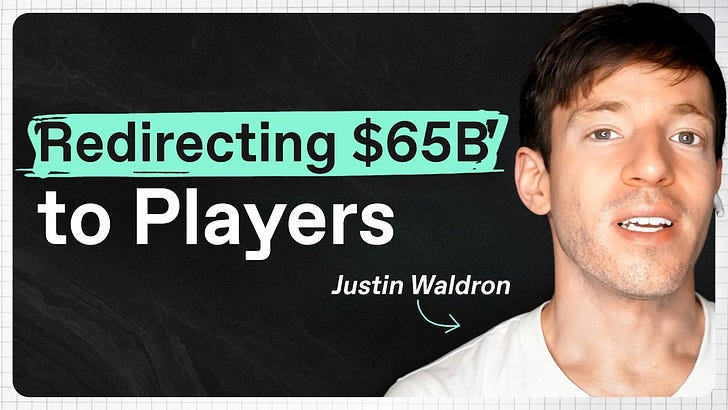Hello,
In our previous episode with Nikita Ovchinnik, we dug into what really happens after you hit swap, and how BarterSwap is challenging the MEV status quo with a new approach to liquidity aggregation. If you’re building systems that rethink execution, designing fairer MEV mitigation strategies, or experimenting with new market architectures in DeFi, we want to hear from you. Please drop us a note at venture@decentralised.co
Lately, I've been thinking a lot about crypto treasury companies. While everyone's been copying MicroStrategy's playbook, I keep coming back to the simple question of what happens when the premium to NAV (Net Asset Value) disappears?
In my recent article on asset-wrapped equities, I argued that these premiums are unsustainable. More vehicles will come to market, competition will increase, and eventually investors will pay closer to fair value.
In our latest episode, I sat down with Sol Strategies’ CEO, Leah Wald, and CTO, Max Kaplan, to understand what makes them different. Sol Strategies (fka Cypherpunk Holdings) is listed on Canadian exchanges and eventually on NASDAQ.
Their answer is yield.
Bitcoin can sit on your balance sheet. Solana can go to work. By staking and running validators, Sol Strategies is able to generate native yield on the same asset it holds. That turns a passive bet into a compounding engine—staking revenue funds debt payments, which enables more Solana purchases, which grows validator revenues, which closes the loop. As of June 27, 2025, over 3.7 million SOL is staked through Sol Strategies' validators.
I think validator yield opportunities on chains like Solana will grow as the line between on-chain and real world is blurring. One of the biggest downsides of crypto assets is that they can’t be used as collateral to buy things in the real world. But this is changing. This week, the Federal Housing Finance Agency ordered Fannie Mae and Freddie Mac to consider crypto holdings in loan assessments for mortgage applications. Meanwhile, Republic launched "Mirror Tokens" on Solana, offering retail investors exposure to SpaceX and other private companies with investments as small as $50.
Sol Strategies is working to list its actual stock on-chain. Not a derivative or wrapper, but real shares with voting rights. So far, we have only seen crypto assets on company balance sheets and ETFs. I would love to see the reverse where we can trade traditional assets on-chain. For the first time, traditional finance will be open, thanks to global, decentralised infrastructure.
Solana won’t get a free pass. Competition is heating up. Hyperliquid is unifying liquidity and subsidising liquidity management for every project. GTE on MegaEth intends to bring global markets on-chain. I think the era of chains fighting for mature capital is upon us, and I’m excited to see who wins.
Signing off,
Suarabh Deshpande











